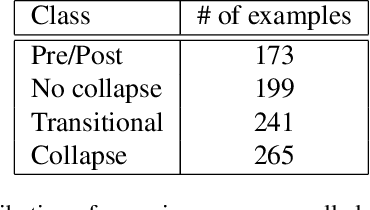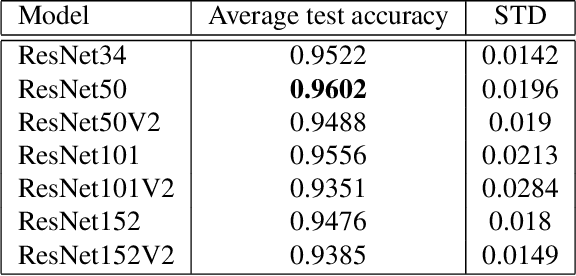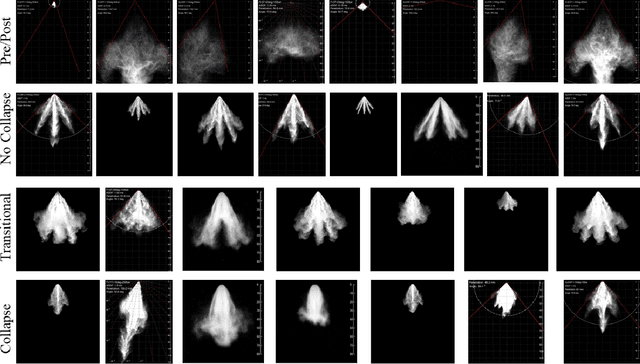Alemayehu Admasu
Ford Motor Company
A Survey on Evaluation Metrics for Synthetic Material Micro-Structure Images from Generative Models
Nov 03, 2022Abstract:The evaluation of synthetic micro-structure images is an emerging problem as machine learning and materials science research have evolved together. Typical state of the art methods in evaluating synthetic images from generative models have relied on the Fr\'echet Inception Distance. However, this and other similar methods, are limited in the materials domain due to both the unique features that characterize physically accurate micro-structures and limited dataset sizes. In this study we evaluate a variety of methods on scanning electron microscope (SEM) images of graphene-reinforced polyurethane foams. The primary objective of this paper is to report our findings with regards to the shortcomings of existing methods so as to encourage the machine learning community to consider enhancements in metrics for assessing quality of synthetic images in the material science domain.
Towards Accurate and Robust Classification in Continuously Transitioning Industrial Sprays with Mixup
Jul 20, 2022



Abstract:Image classification with deep neural networks has seen a surge of technological breakthroughs with promising applications in areas such as face recognition, medical imaging, and autonomous driving. In engineering problems, however, such as high-speed imaging of engine fuel injector sprays or body paint sprays, deep neural networks face a fundamental challenge related to the availability of adequate and diverse data. Typically, only thousands or sometimes even hundreds of samples are available for training. In addition, the transition between different spray classes is a continuum and requires a high level of domain expertise to label the images accurately. In this work, we used Mixup as an approach to systematically deal with the data scarcity and ambiguous class boundaries found in industrial spray applications. We show that data augmentation can mitigate the over-fitting problem of large neural networks on small data sets, to a certain level, but cannot fundamentally resolve the issue. We discuss how a convex linear interpolation of different classes naturally aligns with the continuous transition between different classes in our application. Our experiments demonstrate Mixup as a simple yet effective method to train an accurate and robust deep neural network classifier with only a few hundred samples.
 Add to Chrome
Add to Chrome Add to Firefox
Add to Firefox Add to Edge
Add to Edge